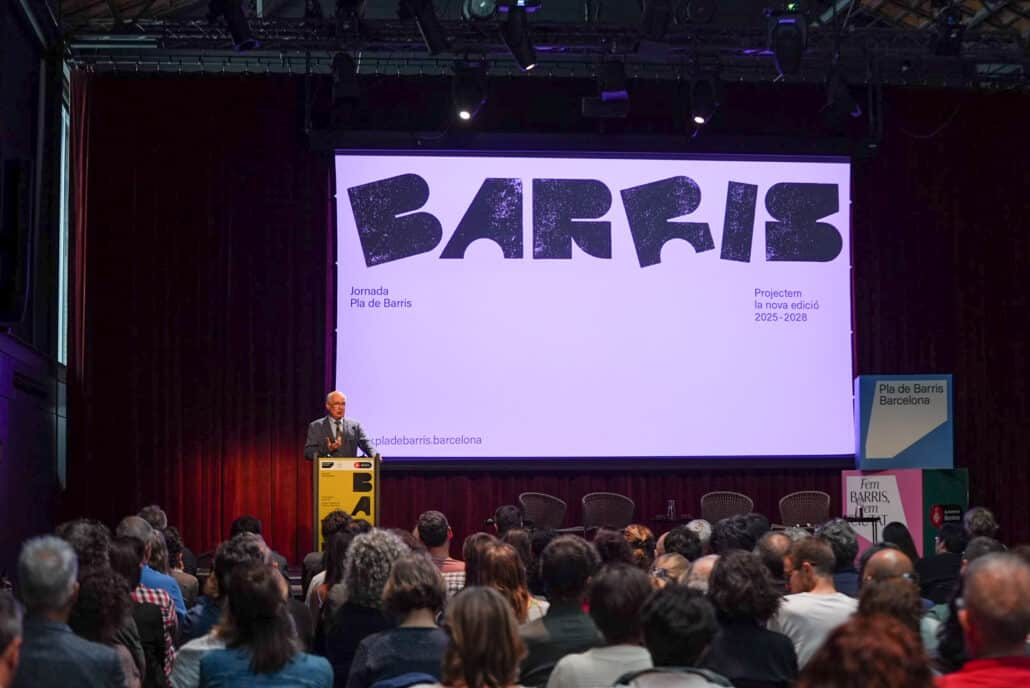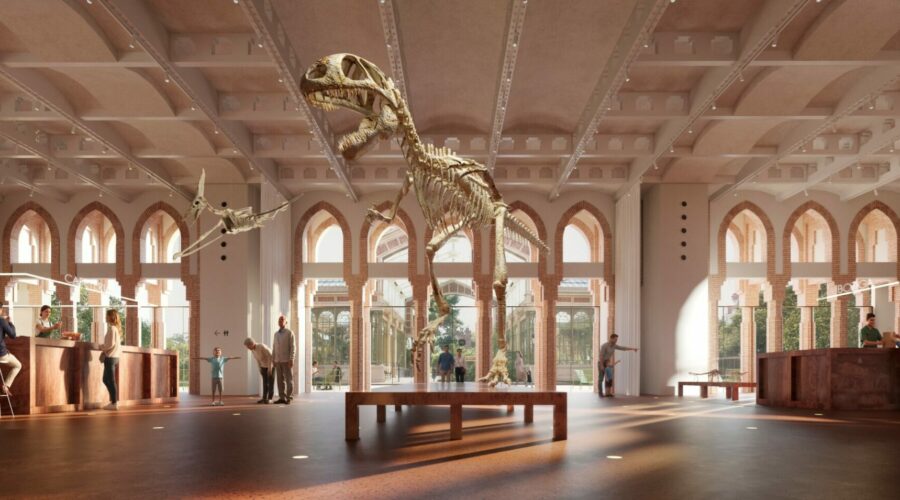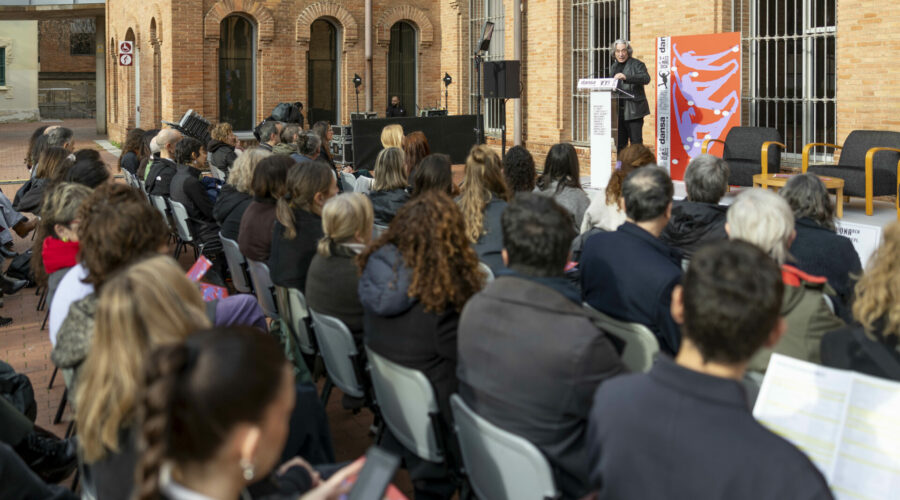The Barcelona City Council has initiated the participatory process to design the new edition of the Pla de Barris 2025-2028, with the aim of addressing social inequalities from the proximity and citizen participation. This project, which has been described as a “very brave” policy, will focus on urban regeneration and the transformation of the city’s most vulnerable neighborhoods.
A project with deep roots
The Pla de Barris is not new in Barcelona, as this is its third edition. The previous two editions have provided invaluable experience that has allowed the city council to design a solid strategy to reduce social gaps in the most disadvantaged neighborhoods. However, this new version promises to be the most ambitious to date, reaching more neighborhoods and significantly increasing its budget. The project will extend to 27 neighborhoods in 7 districts, impacting a population of 438,000 people. The budget has been increased by 33% over the previous edition, reaching 200 million euros, which will address economic as well as social, educational and urban inequalities.
A comprehensive and participatory approach
One of the key elements of the Pla de Barris is its participatory nature. The project is not designed from an office, but directly involves the residents of the affected neighborhoods. Over the next few weeks, the Pla de Barris teams will begin meeting with local communities to listen to their concerns and needs, in order to design tailor-made projects that respond to the realities of each area. At the working day held this week, two major thematic areas were discussed: education and public space. The importance of addressing educational inequalities in the most vulnerable environments was highlighted, and how public policies, in collaboration with the associative fabric, can promote inclusive and quality education. On the other hand, the role of public space as an element of social cohesion was discussed, and how its transformation can foster community life and a sense of belonging. Citizen participation will be essential in each phase of the project, as the aim is for the neighbors themselves to become the protagonists of change in their neighborhoods.
New investments in public spaces and equipment
The Pla de Barris 2025-2028 will not only address inequalities from a social point of view, but will also have a strong urban planning component. Of the €200 million budget, €113 million will be allocated to improving public space and neighborhood facilities. These interventions will be key to revitalizing urban areas that have lagged behind in terms of infrastructure and services. One of the most notable new features of this edition is that action will be taken in mountain neighborhoods, areas that have often been left out of previous interventions. These actions are part of a budget pact with ERC and will focus on improving access and the quality of public spaces in these areas, thus favoring the territorial cohesion of the city. In addition, a preventive focus will be placed on certain neighborhoods to avoid the emergence of new inequalities in the future. An example of this is the Marina del Prat Vermell neighborhood, where interventions will be anticipated before social problems worsen.
Education and social projects, fundamental pillars
Education will be another major focus of the Pla de Barris. 35 million euros will be invested in improving schools and in educational projects that seek to reduce the existing gaps between the most vulnerable neighborhoods and the rest of the city. This includes not only the improvement of infrastructures, but also the implementation of innovative educational projects that promote equal opportunities. In addition, 32 million euros will be allocated to social projects, with the aim of supporting the most vulnerable people and ensuring that they have access to essential services such as health, education and culture. These projects will be aimed at strengthening the social fabric of neighborhoods and providing opportunities for all residents to improve their quality of life.
Housing rehabilitation, a crucial aspect
Housing rehabilitation will be another of the pillars of the Pla de Barris. An investment of 20 million euros is planned to improve living conditions in the most needy neighborhoods. These interventions not only have an impact on the quality of life of residents, but also contribute to improving social cohesion and reducing inequalities in terms of access to decent housing. Access to adequate housing remains one of the city’s greatest challenges, and the Pla de Barris seeks to address this issue through a comprehensive approach that combines urban planning interventions with social policies.
An ambitious plan with a vision for the future
With an overall investment of over 100 million euros in complementary projects, the Pla de Barris 2025-2028 promises to be one of Barcelona City Council’ s most ambitious initiatives in terms of urban regeneration and the fight against inequality. This plan will not only improve infrastructure and services in the most vulnerable neighborhoods, but will also encourage citizen participation and strengthen the social fabric of the city. The Pla de Barris is thus consolidated as a powerful tool for combating inequalities from the local level, allowing neighbors to play an active part in building a more equitable and sustainable future.




